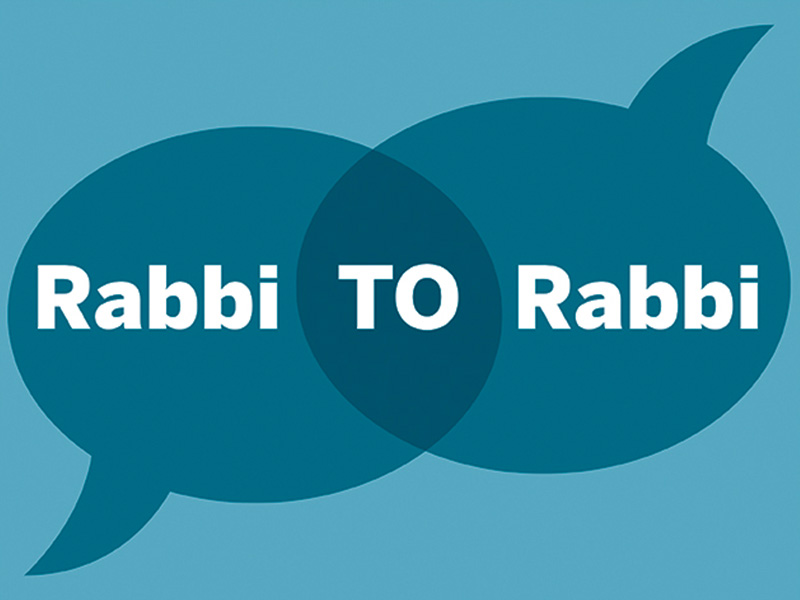The permissibility of reform in the realm of the sacred, and drawing the line between tradition and change, can be a vexing issue
Rabbi Avi Finegold
Founder, The Jewish Learning Lab, Montreal
Rabbi Philip Scheim
Beth David B’nai Israel Beth Am Congregation, Toronto
Rabbi Scheim: Last month’s official changing of the words to O Canada, modifying “in all thy sons command” to the more currently acceptable “in all of us command” was not without considerable controversy.
The tension between words that have long been part of our national patriotic fabric and their lack of resonance in today’s egalitarian society raises the broader issue of the permissibility of change in the realm of the sacred. My (Conservative) movement has widely, but not totally, embraced the adding of the matriarchs to the traditional opening of the Amidah prayer, adding Sarah, Rebecca, Rachel and Leah to the established sequence of Abraham, Isaac and Jacob.
Even though I have embraced full participation of women in synagogue ritual, in roles that traditionally were exclusive to men, I admit to reluctance in changing the wording of the Amidah and have stuck to the classical formulation of the text. Can classical, revered text supersede contemporary values, even when we endorse those values?
Rabbi Finegold: There was a minor scandal recently after a singer changed the lyrics to the very same song to make a bold political statement. I don’t think he intended his change to be anything but provocative, but I can’t help but think of the connection between a government choosing to change lyrics to modernize an anthem and someone possibly seeing this and taking the liberty to make his own social commentary.
While I tend to side with you regarding changes in the liturgy, I am reminded daily of the difficulties of this position when I read the morning brachot that thank God for not making me a woman, a slave or a gentile.
Are there limits to such a position? At some point does it become untenable to say that we don’t really believe what we say?
Rabbi Scheim: I readily support the change instituted by my Conservative rabbinic predecessors, who, in the 1940s, shifted the three morning benedictions you cite from the negative to the positive. Rather than be grateful for not having been made a gentile, slave or woman, men and women can now proclaim our gratitude for having been fashioned in God’s image, free, and Jewish. All of the apologetics in the world cannot remove the sting from a woman hearing a man offer gratitude for not having been born a woman.
(Some communities committed to the classical text overcome the difficulty by not reciting the preliminary blessings out loud, but I imagine that their very presence in the prayer book is hurtful to women, whether or not they are publicly proclaimed.)
I don’t feel, however, that the classical formulation of the Avot, the opening of the Amidah prayer referencing only the patriarchs, rises to the same level of hurt. It is also possible to add a kavanah, an insertion, that would acknowledge the contribution of our matriarchs to our spiritual heritage, without modifying the age-old traditional text.
No doubt, however, defining that demarcation point between tradition and change will continue to challenge us.
Rabbi Finegold: My sense is that the common thread running through the decisions to change a text or leave it as it was written is the kavanah that one brings to the text, regardless of whether or not one verbalizes it.
One can leave the text of the Avot unchanged, and think about the value of its historicity, while mentally acknowledging the evolution of society. That is engaging with the text and the prayer in an appropriate and quite respectful manner.
But sometimes the kavanah required to bypass a certain text is too much and requires some kind of modification to maintain the proper overall feel of the tfillah as a whole. Some choose to accept that their thoughts and ideas must be modified to fit the prayer. Those people recite the blessings as is and use apologetics to explain them away. Others do not abide by these explanations and choose to modify the prayer to fit their sentiment.
In either case, we must place the idea of kavanah at the heart of our tfillah and do whatever we can to direct our hearts in a way that most connects us to the words and the divine.
